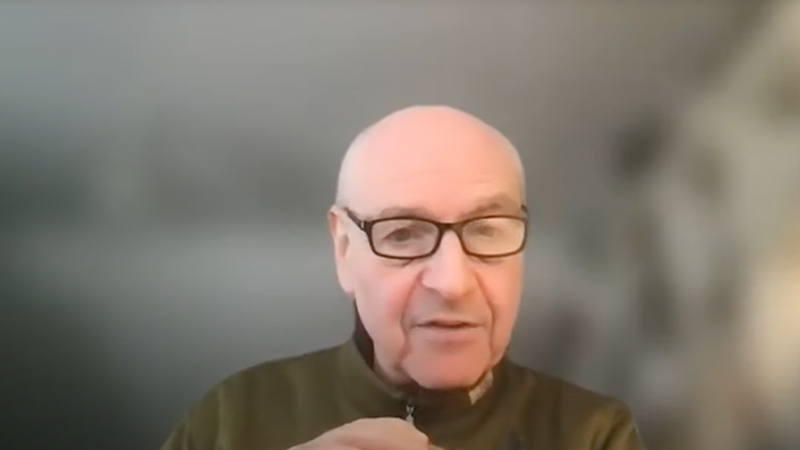Felix Ngole’s Barrister: Police Should Fight Crime Not Push Wokery

Whether it be rainbow painted police cars, or intimidating people for expressing LGBT critical views, using our police to impose a woke social engineering agenda is a recipe for disaster. Most of them would rather be solving real crimes.
That’s the view of Paul Diamond, a barrister who worked on some of the most pivotal cases protecting our freedom to say marriage should only be between one man and one woman. He represented Felix Ngole, the social worker, who won in the Court of Appeal.
I spoke to Paul about a recent ruling in the case of Harry Miller, a former police officer. He took the police to court over a visit to his workplace to ‘check his thinking’, after he posted views critical of transgenderism on social media. You can listen to our discussion on C4M’s YouTube channel:
 |
In modern Britain, Paul says, “we all know what we can say or what we can’t”. So-called non-crime hate incidents intimidate people so they won’t take part in the [LGBT] debate. He goes on, “someone just says they’re offended and you get a policeman coming around”. A Police record is then kept, and may be revealed as a ‘hate’ incident on a DBS check, even if comments were innocuous and no crime was committed. Of Mr Miller’s reaction, Paul says, “anybody of lesser strength would have just folded. They’d have never tweeted again”.
There have been other scandalous incidents where the police have unlawfully challenged people on their beliefs about marriage or gender. But brave individuals have taken a stand and successfully taken the police to court.
Paul says, “you have got free speech”. When these cases reach the courts, “the courts are coming good”. However, he continues, “what is still at fault is that you’ve still got to go to court”. Although you may win your court case, “you would be vilified by the media”. This adds to the chilling effect.
The Miller case was a very helpful judgment, he says. People can “have a degree of greater confidence” because of it. But we should ‘exercise our freedoms before we’re intimidated not to use them’.
